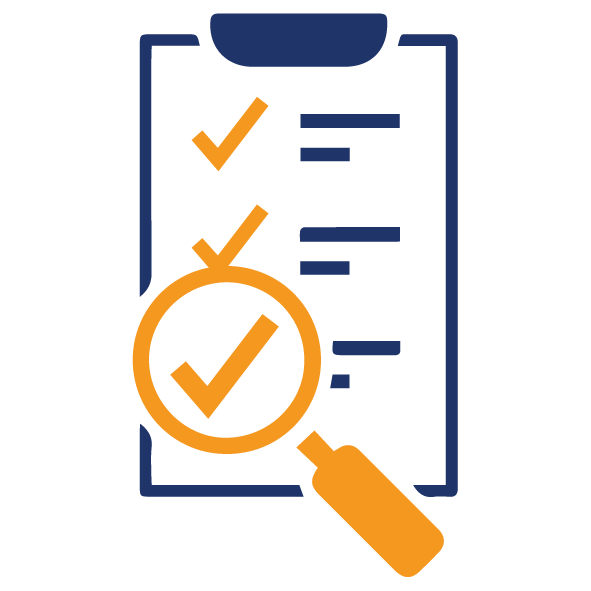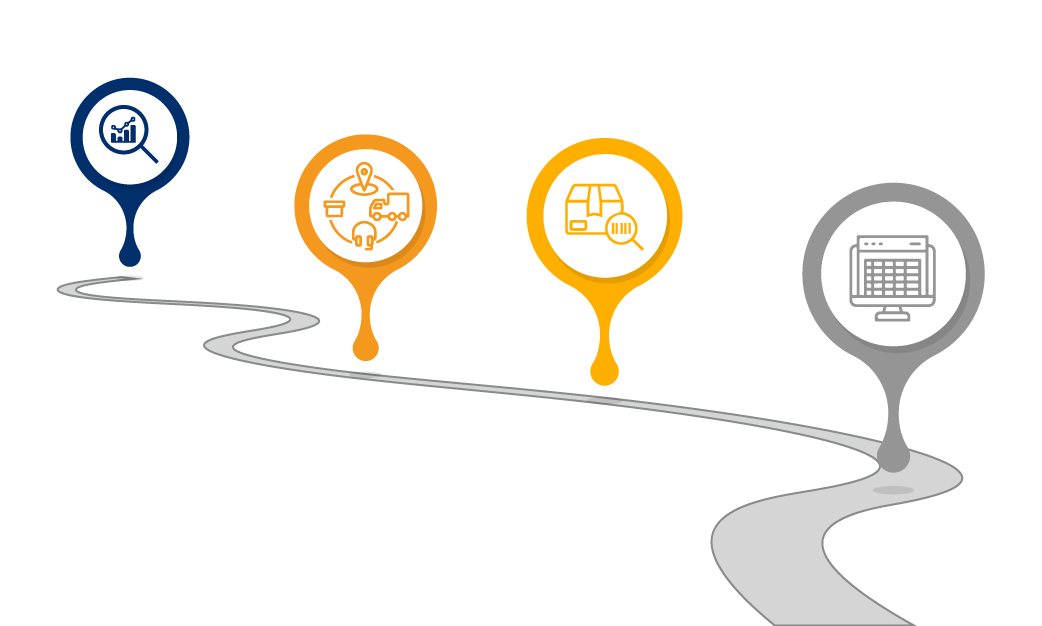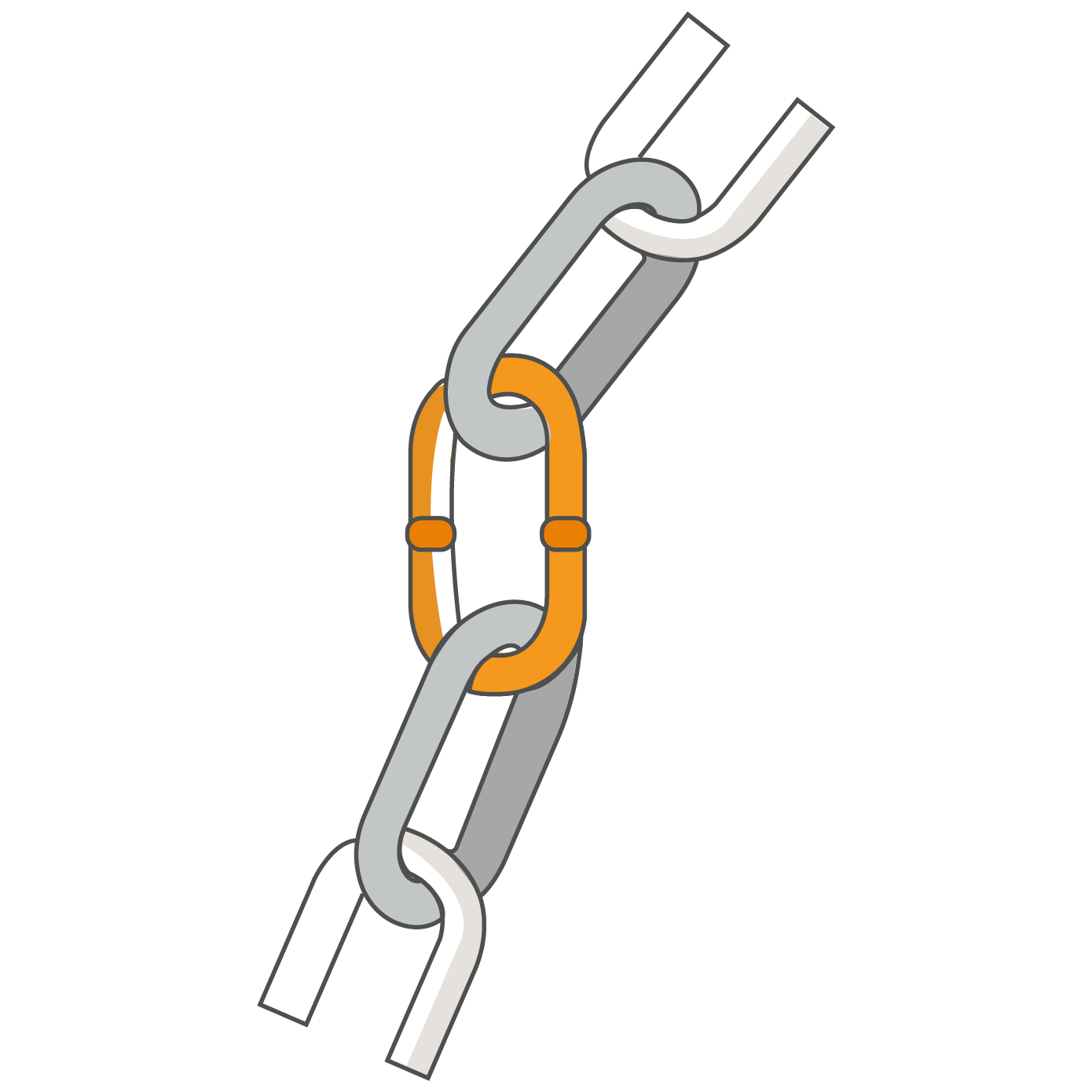Your Guide to

FDA 204 Traceability
Compliance
FSMA 204 Guidance!

Key Data Elements (KDEs):
Essential information for traceability, such as production location, harvest date, and lot numbers. These details help quickly pinpoint the source of a foodborne illness outbreak.
Essential information for traceability, such as production location, harvest date, and lot numbers. These details help quickly pinpoint the source of a foodborne illness outbreak.
Critical Tracking Events (CTEs):
Supply chain points where KDEs must be recorded, including harvesting, receiving, transforming, and shipping. Accurate records at these stages ensure seamless traceability.
Supply chain points where KDEs must be recorded, including harvesting, receiving, transforming, and shipping. Accurate records at these stages ensure seamless traceability.
Sortable Spreadsheet Requirement:
Spreadsheet of KDEs that allows easy sorting and filtering, including detailed records of all CTEs like harvesting, receiving, transforming, and shipping.
Spreadsheet of KDEs that allows easy sorting and filtering, including detailed records of all CTEs like harvesting, receiving, transforming, and shipping.
Understanding FDA's
FSMA 204 Traceability Rule
FSMA 204 Traceability Rule
The FDA's Food Safety Modernization Act (FSMA) Section 204 focuses on enhancing food traceability to prevent foodborne illnesses and ensure public health. Effective January 2026, this rule mandates tracking key data elements (KDEs) and critical tracking events (CTEs) across the food supply chain. Additionally, businesses must keep a sortable electronic spreadsheet of KDEs, readily available for FDA review to facilitate outbreak investigation.
Traceability Lot Codes:
Unique identifiers for batches of food, aiding in precise tracking through the supply chain. Consistent lot codes enable quick tracing during recalls or safety issues.
Unique identifiers for batches of food, aiding in precise tracking through the supply chain. Consistent lot codes enable quick tracing during recalls or safety issues.
Foods Affected
The regulation applies to specific food categories outlined in the FDA's Food Traceability List, which encompasses items like soft cheeses, shell eggs, nut butters, leafy greens, and fresh herbs, among others. These selections are determined based on their risk profiles and historical data regarding foodborne illness outbreaks.
Businesses involved in the manufacturing, processing, packing, and holding of these identified foods, ranging from farms to retailers, are subject to compliance with the regulation.
Businesses involved in the manufacturing, processing, packing, and holding of these identified foods, ranging from farms to retailers, are subject to compliance with the regulation.

Foods Affected
These foods have been identified based on their risk profiles and historical data on foodborne illness outbreaks.
Businesses that manufacture, process, pack, and hold foods listed on the Food Traceability List include both large and small entities, including farms, food distributors, and retailers.
Businesses that manufacture, process, pack, and hold foods listed on the Food Traceability List include both large and small entities, including farms, food distributors, and retailers.
Why It's Important
The rule aims to mitigate the "Achilles heel" of the food system—lack of traceability—by standardizing data collection and improving transparency.
By doing so, it reduces the risk and impact of foodborne outbreaks, ensuring faster and more effective responses to public health threats.
By doing so, it reduces the risk and impact of foodborne outbreaks, ensuring faster and more effective responses to public health threats.

Businesses not subject to the rule
Small Retail Food Establishments:
Certain small retail food establishments, such as direct-to-consumer sales at farmers' markets, may be exempt from some requirements.
Certain small retail food establishments, such as direct-to-consumer sales at farmers' markets, may be exempt from some requirements.
Farms with Limited Sales:
Farms with total food sales of less than $25,000 per year are exempt, recognizing the lower risk posed by smaller operations.
Farms with total food sales of less than $25,000 per year are exempt, recognizing the lower risk posed by smaller operations.
Low-Risk Foods:
Foods that are not on the FDA's Food Traceability List and are considered low-risk may be exempt from the stringent traceability requirements.
Foods that are not on the FDA's Food Traceability List and are considered low-risk may be exempt from the stringent traceability requirements.
Fishing Vessels:
Fishing vessels are exempt when the seafood they harvest is sold directly to consumers or to a retail food establishment.
Fishing vessels are exempt when the seafood they harvest is sold directly to consumers or to a retail food establishment.
Industry Pain Points in Meeting FDA Standards
The food supply chain is highly decentralized and distributed, making it challenging to maintain consistent traceability. With numerous intermediaries from farm to table, tracking products accurately becomes a complex task. For instance, the 2006 spinach E. coli outbreak took two weeks to trace back to the source, highlighting the inefficiencies in the current system.
Complex Supply Chains
Multiple lot numbers can be assigned to the same product throughout its journey, complicating the traceability process. This inconsistency can lead to confusion and delays in identifying the source of contamination. The new rule requires standardized lot codes to address this issue, ensuring uniformity and clarity in tracking.
Inconsistent Lot Number Practices


Many businesses still rely on paper records, leading to inconsistencies and delays in tracing food products. Paper-based systems are prone to human error and can be difficult to manage during a food safety investigation. Transitioning to digital records can streamline this process, making it more reliable and efficient.
Paper-Based Recordkeeping
Implementing new traceability systems can be labor-intensive and costly, especially for small and medium businesses. The financial burden and additional workload required to meet compliance standards can be daunting. Businesses must find cost-effective solutions that minimize disruption while ensuring compliance.
Compliance Costs and Labor


Consulting and Support Services
Engaging with consulting firms or experts who specialize in FSMA compliance can provide tailored guidance and ensure that your business is on the right path to compliance and can address any challenges promptly.
- FSMA Compliance Consultants:Experts who can assess your current processes, identify gaps, and recommend solutions.
- Technical Support Services:Access to technical support for troubleshooting and optimizing traceability systems.
Ready to Enhance Your Traceability?
Discover Our Tools and Solutions for Seamless Compliance
Need More Information?
Have questions about the FDA's FSMA 204 Traceability Rule? Our AI assistant is here to help! Click below to get instant answers and personalized guidance on how to comply with the new regulations.
Chat with Our AI Assistant

For additional details and resources on FSMA 204 compliance, please visit the following FDA links:

ABOUT US
SERVICES
WHY US?
© 2024 GoHACCP®
CERTIFICATIONS


